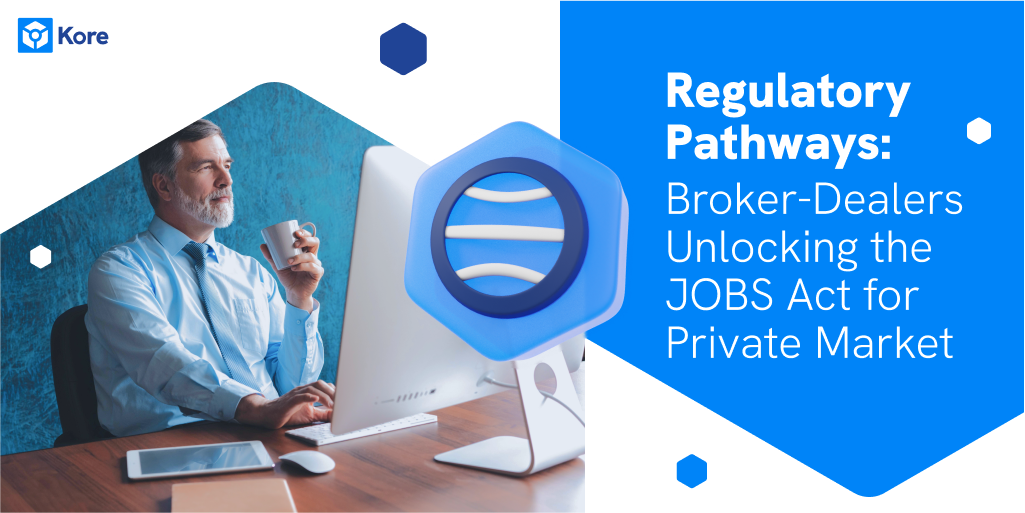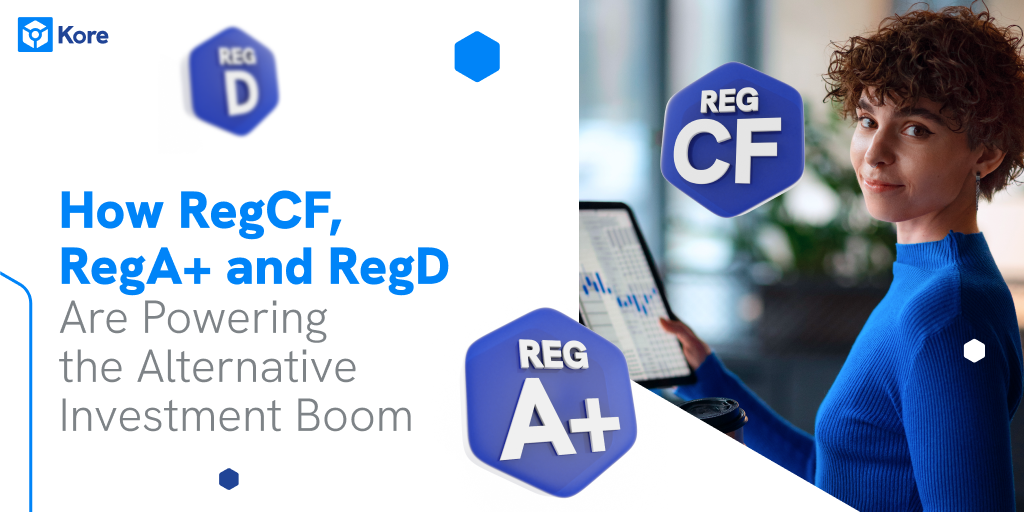What Does ATS Mean in Trading

Many investors are turning to the private capital market to make long-term investments in light of the current market conditions. This has increased alternate trading systems and secondary market trading for RegA+, RegCF, and RegD securities. An alternate trading system (ATS) is a non-exchange trading venue that matches buyers and sellers to trade securities. In the United States, an ATS must be registered with the Securities and Exchange Commission (SEC) and must comply with specific regulations.
Different Forms of ATSs
There are many benefits to using an ATS, such as increased liquidity, lower costs, and greater flexibility. For example, an ATS can provide more liquidity for a security by providing shareholders with a means to sell private company shares. In addition, an ATS may offer lower costs than an exchange, such as no membership fees or listing requirements. In addition, an can often be categorized as an electronic communication network, dark pool, crossing network, or call market.
- Electronic Communication Network: An ECN allows buyers and sellers to exchange shares without a middleman. Trades can also happen outside of business hours, which means that hours are not tied to the traditional stock market.
- Dark Pools: A dark pool is a type of ATS that does not publicly display the prices or orders of its participants. Dark pools are typically used by institutional investors, such as hedge funds, to trade large blocks of shares without moving the market.
- Crossing Network: A crossing network is very similar to a dark pool, meaning that the details of a trade are not made publicly available
- Call Markets: In a call market, trades are only executed once a certain number of orders has been reached, often at a set interval of time.
Secondary market trading of RegA+, RegCF, and RegD securities can take place on an ATS, which is typically a registered broker-dealer platform. These platforms allow investors to buy and sell these securities even if the buyer did not invest in the initial offering. The secondary market for RegA+ securities is the most developed due to the long history of these securities. The main difference is that RegCF and RegD shareholders are required to own their securities for a longer period of time before they can be traded in a secondary market.
What is the Difference Between an ATS and Exchange?
Many people are familiar with the concept of an exchange; whenever you buy stocks in publicly traded companies, you go through a stock exchange like the New York Stock Exchange or NASDAQ. National securities exchanges are self-regulatory and their members, or listed companies, must meet the requirements established by the exchange. Exchanges are also SEC-registered
An ATS is much like an exchange in that it brings together buyers and sellers of securities. However, the main difference is that an ATS does not take on regulatory responsibilities. Therefore, an ATS can trade both listed and unlisted securities, like those purchased under a JOBS Act exemption. ATSs are also regulated by the SEC but must be operated by a FINRA-registered broker-dealer.
The Impact of Liquidity on Investing
Liquidity is an important concept to understand when trading securities and refers to the ability of a security to be bought or sold quickly and at a fair price. A security that is easy to buy and sell is said to be liquid. A security that is difficult to buy or sell is said to be illiquid. An investor might consider the liquidity of a security when making an investment decision. For example, an investor might choose to invest in a liquid security if they plan on selling it quickly. An investor might choose to invest in an illiquid security if they are willing to hold it for a more extended time. When trading securities on an ATS, it is crucial to consider the security’s liquidity. A security that is not liquid may be challenging to sell, and worth considering the liquidity of a security before investing in it.





